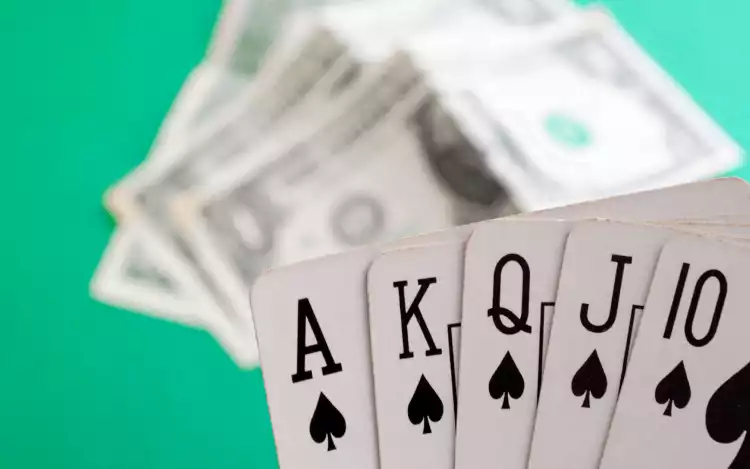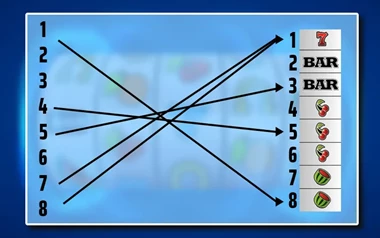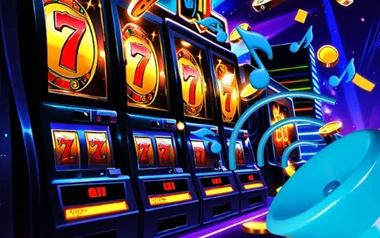Poker is one of the most popular games in casinos, offering excitement, strategy, and big wins for players. Unlike other casino games such as slots or roulette, poker doesn’t pit the house against the players. Instead, it’s a game where participants compete against each other. This raises an interesting question: how do casinos make money on poker? The answer lies in a system known as “the rake.”
The rake is a built-in fee that ensures casinos can profit from hosting poker games. Let’s explore how it works, why it’s essential, and how it affects your experience as a player.
What Is the Rake?
In simple terms, the rake is the commission or fee that a casino collects from poker games. Since poker doesn’t involve players betting against the house, casinos can’t rely on the traditional model where they win from players’ losses. Instead, they charge a percentage of the pot, or a set fee, to ensure they earn money for providing the game.
The rake is a fundamental aspect of poker operations, helping casino sites and land-based establishments cover their costs while remaining profitable.
How Do Casinos Collect the Rake?
Casinos collect the rake in several ways, depending on the type of poker game and the setting. Here are the most common methods:
1. Pot Rake
The pot rake is the most common way casinos make money on poker. A percentage of the total pot is taken as a fee at the end of each hand. For example, a casino might take 5% of the pot, up to a maximum limit.
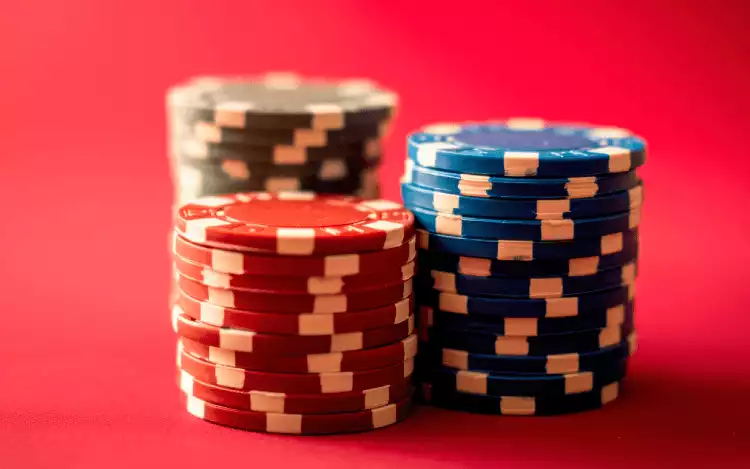
Pot Rake
2. Time Collection
In some poker games, particularly high-stakes games, the casino charges players a fixed fee for every set period, such as every 30 minutes or hour. This method is often referred to as “time rake.”

Time Collection
3. Tournament Fees
In poker tournaments, casinos charge an entry fee that is separate from the buy-in. For instance, a tournament might have a €100 buy-in with a €10 fee, meaning the casino earns €10 per participant.
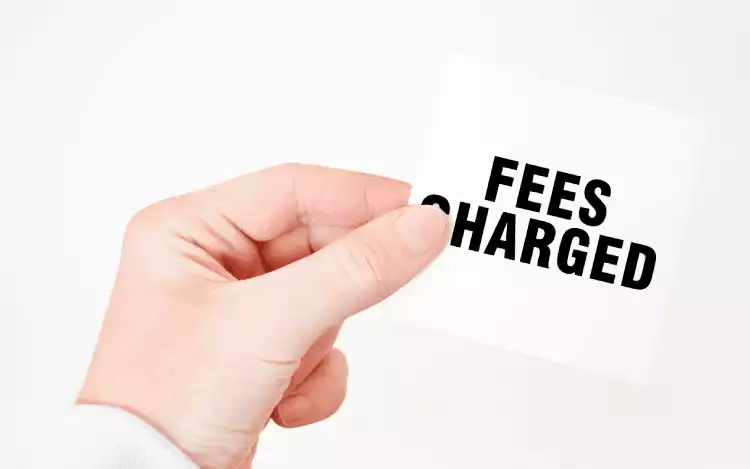
Tournament fees
4. Seat Rental
Some poker rooms, especially in private settings, charge players a fixed fee for their seat at the table. This fee is typically paid upfront and covers a specific duration.
These methods ensure casinos profit from hosting poker games while allowing players to compete on a level playing field.

Seat Rental
Why Is the Rake Important?
The rake is essential for the casino’s business model. Hosting poker games comes with operational costs, including:
- Dealer Salaries: Dealers are crucial for managing games, shuffling cards, and ensuring fair play.
- Facilities and Utilities: Poker rooms require maintenance, lighting, and other resources to operate smoothly.
- Security and Surveillance: Casinos invest heavily in ensuring the safety and integrity of their games.
- Technology: Online poker sites use advanced software to run poker games, which requires regular updates and maintenance.
By collecting the rake, casinos can cover these expenses and maintain a sustainable business.
How Does the Rake Impact Players?
While the rake is necessary for casinos, it does have an impact on players. Understanding its implications can help you make more informed decisions when choosing where and how to play poker.
1. Effect on Winnings
The rake reduces the overall size of the pot, meaning players receive slightly less when they win. For example, if a pot reaches €100 and the casino takes a 5% rake, the winner will receive €95 instead of the full €100.
2. Impact on Strategies
Players need to account for the rake when calculating potential profits. Winning consistently in a game with a high rake can be challenging, as the casino takes a cut regardless of your performance.
3. Choosing the Right Games
Different casino sites and establishments have varying rake structures. Some may offer lower rakes, especially for low-stakes games, making them more appealing to casual players.
Understanding the rake structure at your preferred casino can help you maximise your experience and winnings.
Are All Rakes the Same?
Not all rakes are equal, and the structure can vary significantly depending on the casino and the type of game. Factors such as the stakes, table size, and whether the game is live or online can influence how the rake is applied.
Online casino sites, for example, often have lower operational costs than land-based casinos, allowing them to offer more competitive rake structures. Additionally, some online platforms may run rake-free promotions or reduced rake games to attract players.
How to Minimise the Impact of the Rake
While the rake is unavoidable in most poker games, there are ways to reduce its effect on your gameplay:
- Choose Low-Rake Games: Look for casino sites or establishments with lower rake percentages or caps.
- Play Higher Stakes: In some cases, higher-stakes games have a smaller rake relative to the pot size, making them more favourable for experienced players.
- Take Advantage of Promotions: Many online platforms offer rakeback promotions, where players receive a portion of the rake they’ve paid back as a bonus.
- Focus on Skill: The best way to mitigate the rake’s impact is to improve your skills and win consistently. Skilled players are better equipped to overcome the rake and generate profits.
